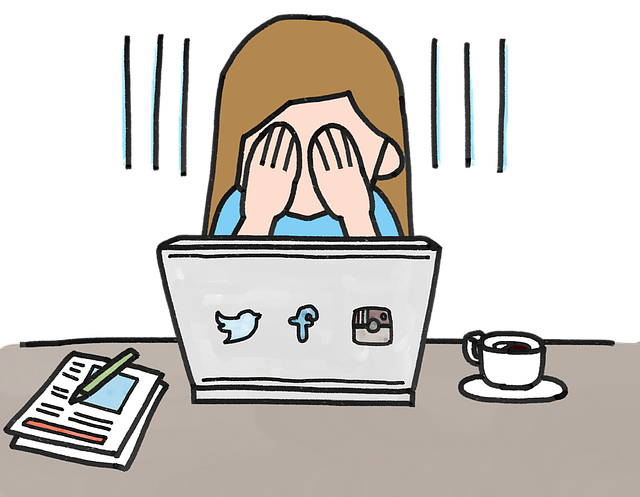
I remember how it all started for me. My first time ever dealing with a 'Windows' computer at the age of 6. I wasn't that impressed because I had no idea what I could achieve with a computer. At the time I was used to the speed and convenience my 'Sega Megadrive' had to offer. And let's be fair, starting a game on a 'Windows 3.1' machine wasn't as straightforward for a 6 year old as it is today on a 'Windows 10' machine. So my quality time with a computer was limited to 'Paintbrush' and 'Notepad'.
I simply had no idea what I was doing. So I just went along my business, continued being ignorant, left unguided, turning back to my 'Megadrive'. It was only later that year, when my parents decided to purchase a better and faster 'Windows 95' machine, I started to develop my computer skills. This time around my interests were tingled and capability to learn about computers started to flourish. However the time I had was limited. For not only did my sister want to use the computer, but also my parents! My grandparents didn't like it one bit, up until my grandfather got acquainted to a naughty corner on the internet!

As years passed by, I taught myself how to work with computers. I independently installed videogames, started utilizing 'Google' to find 'Pokemon' trading cards, download music through 'P2P' solutions (Kazaa anyone?), 'Photoshop' became a thing, and ... Wait a minute. Are you beginning to recognize a pattern? Maybe you're recognizing your children, or even yourself? That wouldn't surprise me, at all!
Big parental mistakes when children are being acquainted to computers and the internet? The lack of guidance and supervision. Most devices in a home, being used by children, have no parental control configured whatsoever, nor are they properly secured in terms of safety against numerous dangers. Of course this comes with it's consequences. Not too long ago, a child broke a floppydisk, a cd-rom, or something along those lines. Which was easy to replace ...
However these days we're dealing with children who are sharing nude pictures with one another. Also known as 'sexting'. Inevitably these pictures will be spread across the internet. May it be intentional or not, it will happen. They will be robbed of their dignity, develop distrust and usually end up in a depression. Sadly the victim gets harassed, shamed and mocked after such an event by just about everyone and their mothers. Which is heavy burden to bare and can cause severe stress. And we all know what stress does to our minds, right? It's important to realize that such a traumatic experience provides motive for young teenagers to take their own life over this.

The above, unlike a floppydisk or cd-rom, cannot be repaired or replaced. If anything it causes even more damage. Many parents don't handle this with precaution and only decide to act when the damage has already been done. But did you know you already have the tools at your disposal to do something about it right now?
- Answers are offered online, by thousands of other parents, who will happily help you. Your answers are but a 'Google' query away ...
- Studying about computers and network security. This will help you fortify and manage the security of your family.
- Regulating your network at home. Not only will you be able to control at what times web browsing can happen. But you can also decide what kind of content can be downloaded or even uploaded.
- Configure profiles on each device that connects to the internet, and restrict access to certain features. From changing profile settings all the way up to installation of software which isn't required.
- Guiding your children through parental supervision, advice and agreements. Your children rely on you, you are the one they turn to for knowledge and wisdom.
What did you say? Don't allow children to use internet capable devices at all? Denying them to learn about and effectively use the internet would be wrong. Especially in a modern age like this. The earlier you will handle this, the more you and your children will develop an understanding between each other and the internet itself.